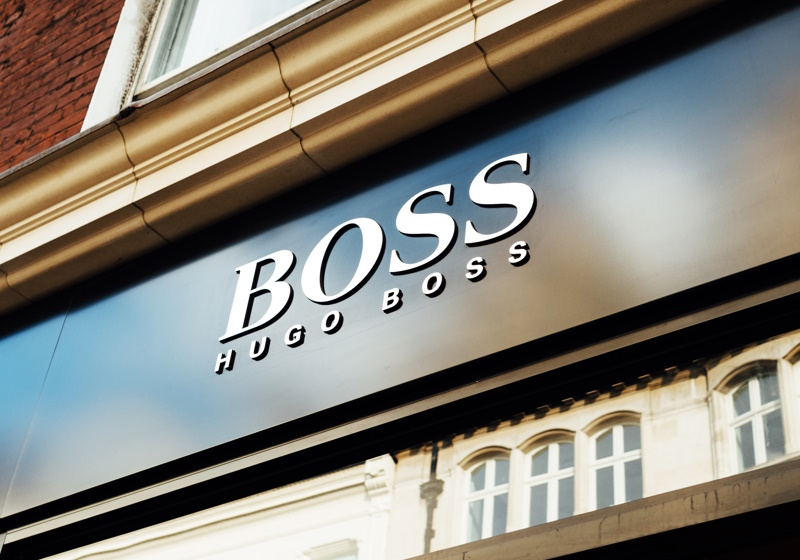The dedicated workforce at Lanka Leather Fashion in Sri Lanka has steadfastly pursued their fundamental right to unionize. As a pioneering German-owned enterprise within the country's free trade zone, it holds the distinction of being Asia's longest-standing and one of the foremost producers of premium leather garments, serving a renowned clientele that includes Hugo Boss.
While Lanka Leather Fashion may shine in its exterior image, the reality for its garment workers is a tale of harsh conditions, unrealistic production demands, inadequate breaks, and a denial of basic legal rights. Workers, faced with these challenges, sought to unionize with the Free Trade Zone and General Services Employees’ Union (FTZ&GSEU), but their efforts have been met with severe resistance from the company.
Union organizers, treasurers, and presidents have been unfairly dismissed, with no reinstatement in sight since March 2021. In an attempt to secure their rights, workers turned to Hugo Boss, one of Lanka Leather's major customers, but despite promises to address union-busting concerns, Hugo Boss has taken insufficient action, relying on superficial factory inspections.
Workers Take Action Against Hugo Boss, Amidst Sri Lanka's Crisis
However, the determined workers have not relented, filing a complaint against Hugo Boss with the Partnership for Sustainable Textiles, of which the company is a member. This alliance aims to improve conditions in the textile industry and advocates for the recognition of the union and the reinstatement of dismissed workers, in collaboration with FTZ&GSEU.
The situation at Lanka Leather becomes even more alarming in the context of Sri Lanka's financial and political crisis, where garment workers face the brunt of high inflation and currency devaluation, pushing many into hunger and destitution. The government's proposed changes to labor laws and pension fund measures exacerbate the precarious situation of these workers, undermining international standards for decent work. Furthermore, recent actions, including the unjust removal of unions from the National Labour Advisory Council, highlight the urgent need for genuine consultation with workers and their elected representatives to ensure fair and equitable labor practices in Sri Lanka.

Hugo Boss’ Supply Chain Management
The HUGO BOSS Supplier Code of Conduct serves as the foundation for the company's collaborations with suppliers, particularly in regions where local legislation may not adequately protect workers' rights. It is inspired by globally recognized standards, such as the Core Conventions of the International Labour Organization (ILO) and the United Nations Universal Declaration of Human Rights. The Supplier Code of Conduct strongly condemns child and forced labor, mandates equitable working conditions and wages and upholds the rights of freedom of association and collective bargaining. It also includes guidelines for environmental standards, which are regularly updated with input from stakeholders.
To fulfill its due diligence obligations throughout the supply chain, HUGO BOSS employs the Supply Chain Sustainability (SCS) program, which aligns with the key principles of the Supplier Code of Conduct. The SCS program consists of three core modules: 'Social Compliance Management,' 'Environmental Management,' and 'Governance.' This comprehensive approach covers both environmental and social aspects and extends to all direct finished goods, fabric, and trimming suppliers.
HUGO BOSS remains committed to ensuring fair labor practices and upholding human rights, including the firm exclusion of child and forced labor, as articulated in its dedicated Child Labor Policy. The Environmental Management module focuses on reducing the company's climate impact, preserving water and soil, and minimizing air pollution. The Governance module equips suppliers with the tools necessary to proactively manage their supply chain, aligning with the regulations outlined in the Supplier Code of Conduct and mitigating environmental and social risks.
Through these initiatives, HUGO BOSS aims to cultivate a supply chain characterized by ethical working conditions and responsible environmental practices. It uses Better Cotton Initiative-sourced cotton, as well as leather sourced by Leather Working Group certified tanneries.
